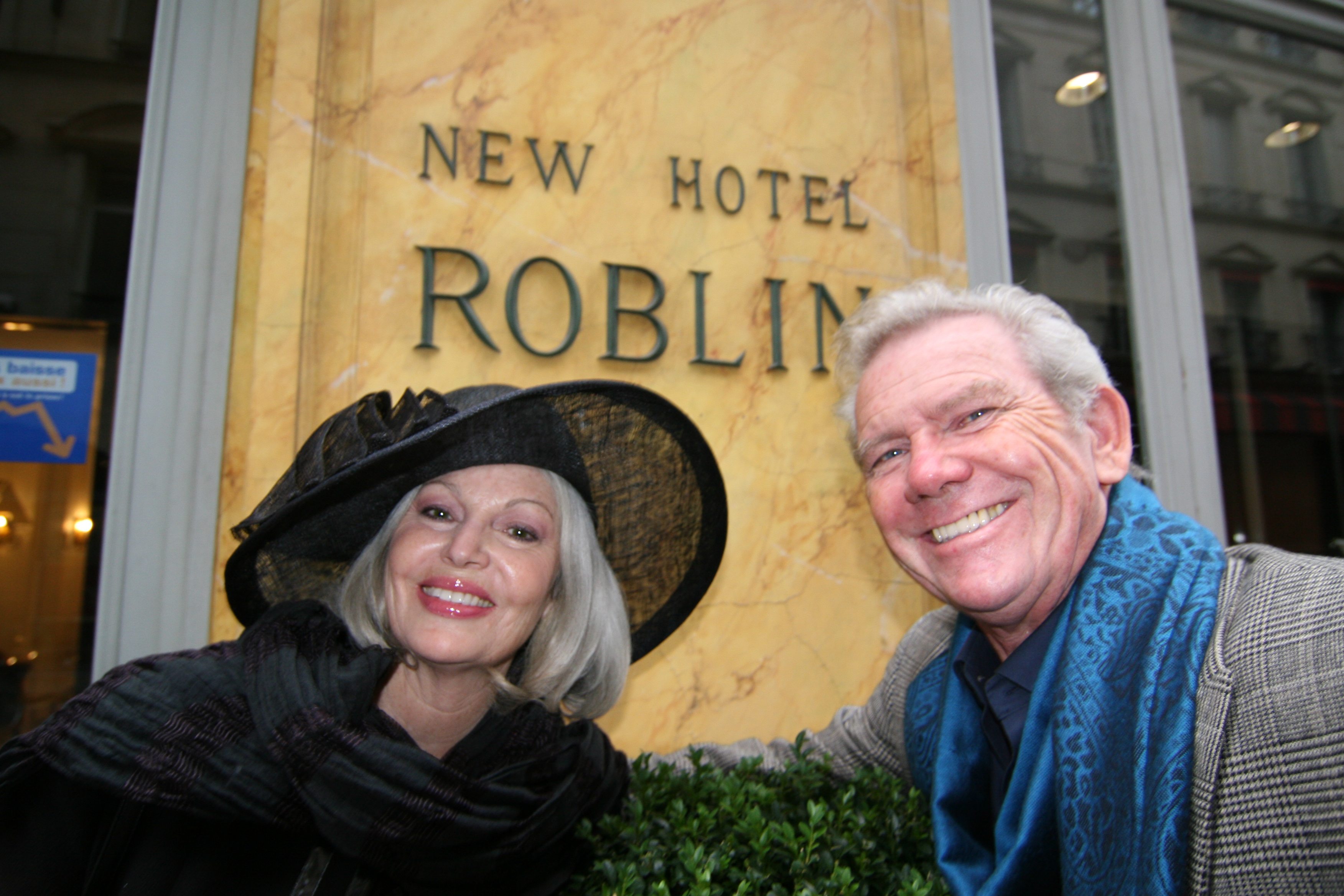 By Alanna Brown, LuxEco Editorial Assistant
By Alanna Brown, LuxEco Editorial Assistant
Imagine if the very thing you used and depended on to protect your skin from cancer was capable of exacerbating the growth of epidermal lesions and tumors. Well that’s what the Environmental Working Group claims may be the case. A recent study shows that retinyl palmitate, a synthetic form of vitamin A, is carcinogenic on skin exposed to the sun. The EWG says, “The data show that tumors and lesions developed as much as 21 percent more rapidly in lab animals coated in a retinyl palmitate (RP)-laced cream (at concentrations of 0.1 percent to 0.5 percent), compared to control animals treated with an RP-free cream.” Where this concerns the average, sun-exposed consumer is that retinyl palmitate is an ingredient in 41 percent of sunscreens on the market. Although the evidence is not yet conclusive, the FDA continues to research the probability that this chemical is, in fact, photocarcinogenic, accelerating skin damage and elevating the cancer risk. In the meanwhile, the EWG has released a 2010 report approving only 39 of 500, or 8 percent, of sunscreens. (This is due, in combination, to the retinyl palmitate ingredient as well as exaggerated SPF claims.) “As long as it is suspect,” they warn, “the EWG recommends that consumers choose vitamin A-free sunscreens.” Additionally, a good ol’ hat, shirt, and shade, they advise, will provide the best protection.













